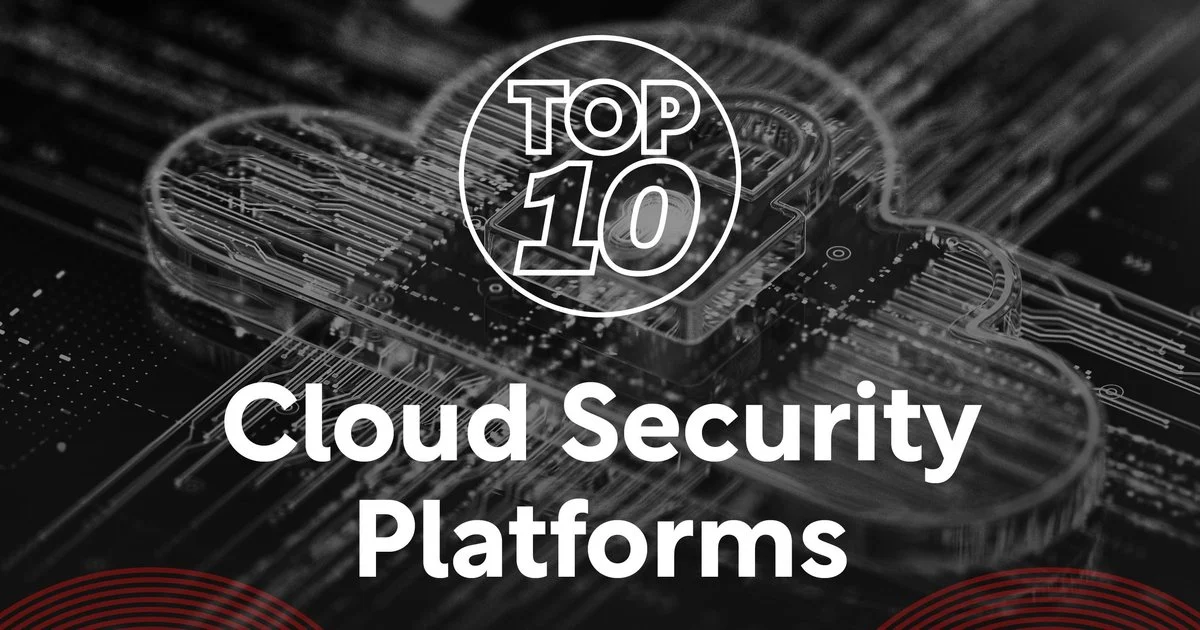As cloud computing becomes the standard infrastructure for businesses worldwide, ensuring cloud security is not optional—it is mandatory.
As cloud adoption continues to expand rapidly across industries, securing cloud environments has become a top priority for organizations. With more employees working remotely and sensitive data moving across various platforms, businesses must rely on advanced security solutions to safeguard their assets.
Cloud Security Gateways, often known as Cloud Access Security Brokers (CASBs), act as a critical layer between cloud users and service providers by enforcing security policies, monitoring traffic, and ensuring compliance. As of June 2025, here are the top ten cloud security gateways ranked in ascending order from 10 to 1.
10. Trend Micro Cloud App Security
Trend Micro’s Cloud App Security offers reliable protection for cloud-based collaboration tools like Microsoft 365, Google Workspace, Dropbox, and Box. It focuses on advanced threat protection using techniques such as sandboxing, machine learning, and content filtering. This solution is especially effective at detecting ransomware, business email compromise, and phishing attacks. It’s a solid choice for organizations needing added protection on top of native cloud service provider security.
9. Forcepoint Cloud Security Gateway
Forcepoint’s solution blends CASB, web filtering, and data loss prevention into a unified platform. It uses a risk-adaptive approach that adjusts user access based on behavior, location, and sensitivity of the data involved. Its insider threat detection capabilities, backed by behavioral analytics, make it ideal for companies adopting zero trust architectures. In 2025, Forcepoint remains a good option for enterprises focused on securing internal activities and preventing data exfiltration.
8. Cisco Cloudlock
Cisco Cloudlock is a lightweight, API-based cloud security solution designed for rapid deployment. It is especially popular among organizations that use Google Workspace, Salesforce, and Box. It monitors data exposure and automates policy enforcement, offering an efficient approach to securing SaaS apps. While it may not have as many advanced features as other platforms, its simplicity and integration with Cisco’s broader security ecosystem make it a practical option for medium-sized businesses.
7. IBM Security Verify for Cloud
IBM’s Security Verify combines identity and access management with cloud app protection, delivering adaptive authentication, contextual access control, and deep insight into user behavior. It integrates with IBM QRadar and Guardium, enhancing threat detection and compliance. In regulated industries such as government and healthcare, IBM remains a preferred name, offering a robust gateway with emphasis on identity governance and access security.
6. Symantec CloudSOC (Broadcom)
CloudSOC provides strong visibility, governance, and control over cloud applications. Now under Broadcom, it leverages AI to detect suspicious behavior, prevent data loss, and comply with industry regulations. It integrates well with Symantec’s endpoint protection and DLP tools, offering a comprehensive ecosystem for cloud and device security. Its strength lies in organizations already using Broadcom’s enterprise security products.
5. Skyhigh Security (formerly McAfee MVISION Cloud)
Skyhigh Security delivers enterprise-grade protection for SaaS, IaaS, and PaaS environments. With strong data loss prevention, encryption, and user behavior analytics, it ensures secure collaboration while meeting compliance needs. It is especially useful for companies operating in sensitive sectors like finance or healthcare, where regulatory compliance and data governance are paramount.
4. Palo Alto Prisma Access
Prisma Access offers a cloud-native platform with built-in CASB, firewall, and secure web gateway features. It secures mobile users, remote workers, and branch offices with consistent policy enforcement. Its deep threat intelligence and automation tools enhance its security coverage across multiple environments. Prisma Access is well-suited for large enterprises needing full-spectrum cloud protection with high performance and minimal latency.
3. Microsoft Defender for Cloud Apps
Microsoft Defender for Cloud Apps offers comprehensive visibility, control, and protection for cloud applications. Integrated deeply with Microsoft 365, Azure, and Entra ID, it supports OAuth governance, DLP, and real-time threat detection. With Purview integration, it also supports compliance and insider risk management. Defender is the natural choice for organizations heavily invested in Microsoft cloud infrastructure.
2. Netskope Security Cloud
Netskope stands out for its deep cloud visibility, real-time data protection, and threat prevention across SaaS, IaaS, and web environments. It helps detect and control unsanctioned app usage (shadow IT) and applies adaptive access controls. Its data-centric design, powered by artificial intelligence, makes it highly effective at enforcing granular security policies. Netskope continues to be a leader in protecting modern, cloud-first organizations with distributed workforces.
1. Zscaler Internet Access
Zscaler Internet Access tops the list in 2025 for its fully cloud-native design and robust zero trust security model. It replaces traditional security appliances with a scalable, global infrastructure that inspects all traffic inline—regardless of user location. Zscaler applies SSL inspection, threat prevention, and data protection in real time. It integrates seamlessly with identity providers and delivers exceptional performance, making it the go-to solution for multinational enterprises seeking simplicity, speed, and strong security.
